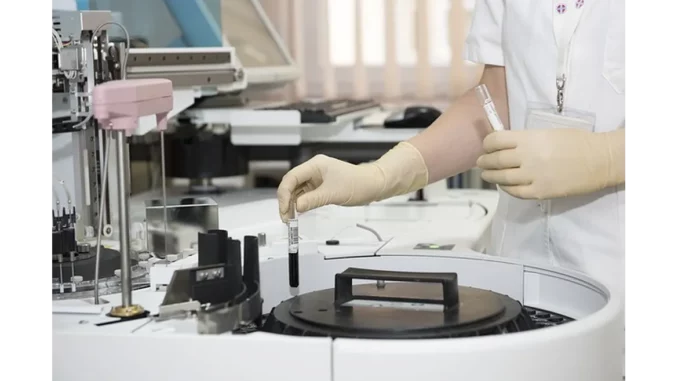
In a world where artificial intelligence is rapidly reshaping various industries, its potential impact on healthcare is particularly intriguing. Recently, I had the opportunity to explore this transformative potential with Dr. Emily Carter, a distinguished researcher specialising in AI-driven healthcare innovations. Our conversation centred on the promising domain of Reinforcement Learning (RL) and its ability to revolutionise patient care through the development of adaptive treatment strategies.
Dr. Carter’s expertise spans both the technical and clinical realms of AI, and her insights into RL were both enthusiastic and grounded. “Reinforcement Learning offers a promising pathway for personalised medicine,” she stated with energy. “Its capacity for making sequential decisions allows us to craft treatment plans that can dynamically adjust to a patient’s changing condition, optimising outcomes along the way.”
The discussion naturally progressed to a pivotal study by researchers at Weill Cornell Medicine and Rockefeller University, which Dr. Carter described as a landmark achievement. This study introduced “Episodes of Care” or EpiCare, an RL benchmark specifically tailored for healthcare applications. According to Dr. Carter, benchmarks like EpiCare are indispensable. “Benchmarks drive progress and innovation in AI. EpiCare has the potential to do for healthcare what benchmarks have accomplished in fields such as computer vision and speech recognition.”
However, Dr. Carter was forthright about the hurdles highlighted by the study. “The current RL models require enormous amounts of data, which poses a significant challenge,” she explained. “Training these models with real patient data is fraught with ethical and practical issues.” As a solution, “off-policy evaluation” (OPE) methods have been developed to utilise historical data, eliminating the need for new and risky data collection from patients.
Despite these advancements, the study revealed sobering insights. The OPE methods tested on EpiCare consistently underperformed in predicting RL success in real-world healthcare settings. “This is a critical wake-up call,” Dr. Carter remarked. “Our existing tools are not yet reliable enough for clinical deployment. It underscores the need for more precise benchmarking tools to evaluate RL approaches and establish robust metrics for measuring progress.”
Dr. Carter painted a vivid picture of the road ahead. “The potential is vast, yet we’re not there yet. Each obstacle, like the shortcomings of OPE methods, serves as a valuable learning opportunity. It’s an essential part of the journey towards integrating RL into clinical practice.”
We also explored the practical applications of RL in the management of chronic and psychiatric disorders. “These are areas where RL can truly excel,” Dr. Carter noted. “The complexity and variability in patient responses make them ideal for an adaptive, learning-based approach. Envision a system that evolves alongside the patient, drawing on past data and current conditions to recommend the most suitable next step in their treatment—it could be transformative.”
Dr. Carter further addressed the broader implications of AI advancements in healthcare. “Our ultimate aim is to move closer to personalised treatment strategies that can significantly enhance patient outcomes. However, we must proceed with caution, carefully balancing innovation with safety and ethical considerations.”
As our dialogue concluded, Dr. Carter offered her perspective on the future. “We are navigating uncharted waters, yet the potential rewards are too substantial to overlook. Every step forward, whether it’s the development of a new benchmarking framework or a more accurate model, brings us closer to a future where AI can substantially improve patient care.”
Reflecting on our conversation, it becomes evident that integrating RL into healthcare is a journey filled with excitement and challenges. The potential for AI to transform medical practices and enhance patient outcomes is undeniable, yet it demands a collaborative effort from researchers, clinicians, and ethicists to fully and safely realise this potential.
Dr. Emily Carter’s insights provide a valuable lens through which to view this journey—a journey marked by innovation, learning, and the hope of a future where AI enhances human capabilities in healing and care.


Be the first to comment